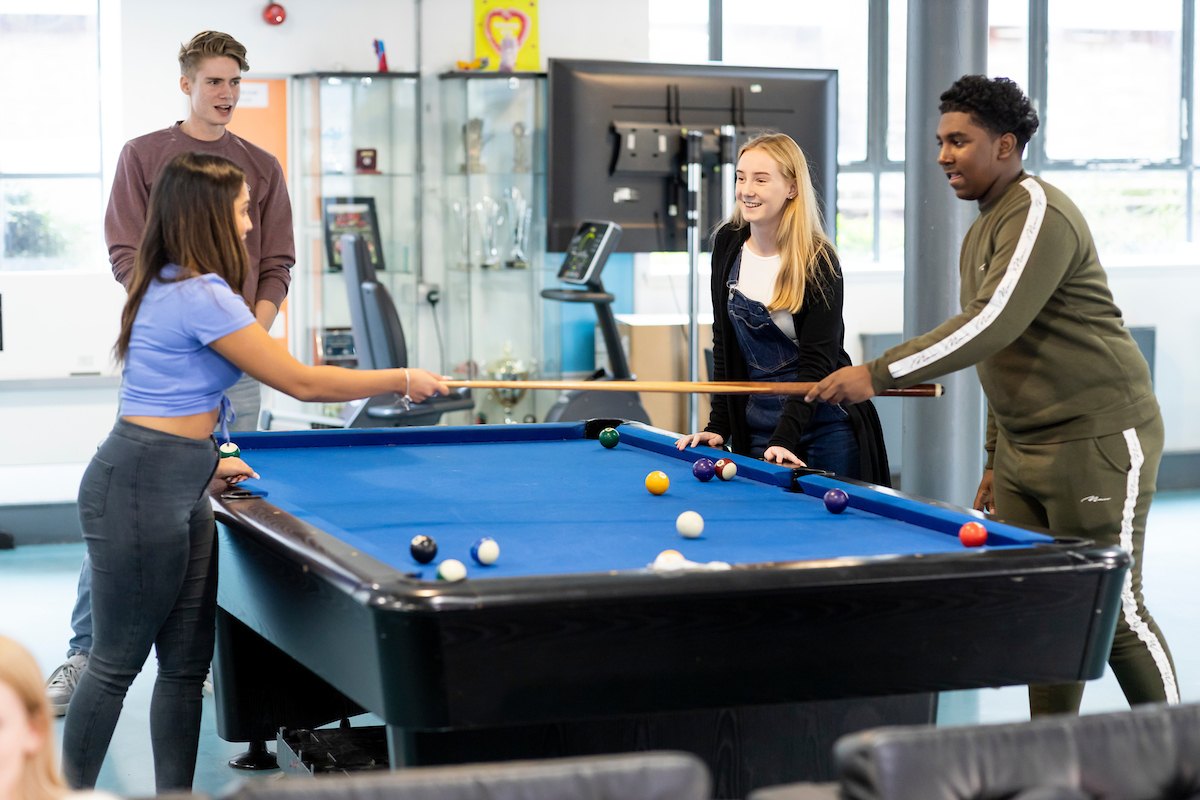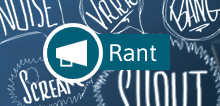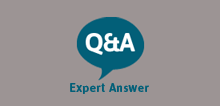Being teetotal and sobering up
We know this may sound dubious right now, but stay with us for a minute. We’re going to show you the world of the teetotaler, a.k.a, a booze-free lifestyle. While going wild for a night is amazingly fun, the repercussions the morning after are slightly less desirable. This is NOT an ad for giving up your fun juice, it’s just a peek into a life without it.

What is a teetotaller?
Siri, Define teetotaller for us. *automated Siri voice* (noun) A teetotaller is somebody who doesn’t drink alcohol. (adjective) teetotal.
The teetotal meaning has a pretty broad umbrella. A person who is teetotal may have never tried alcohol, or they may have drunk it in the past, but they won’t touch the stuff now.
Famous teetotallers include Chris Martin, Ewan McGregor, Jennifer Lopez, Tobey Maguire, Natalie Portman, and Rachel Stevens. Our only question is: Why haven’t they started an ad campaign for this lifestyle yet?
Why do people give up alcohol?
People choose to avoid alcohol for tonnes of reasons:
- They’ve been addicted or dependent on alcohol in the past
- They don’t like the feeling of being drunk or losing control
- They just don’t like the taste of alcohol
- They’ve had bad experiences with alcohol in the past
- They want to improve their health or mental health
Nick, 22, used to drink heavily from the age of 17. Eventually, he became teetotal meaning he gave up alcohol six months ago. “I found myself recovering for half a week after drinking, which was playing havoc with my life. Now I feel healthier and more awake during the day. My skin has cleared up and I can actually remember nights out,” he says.
Do people not drink for religious or spiritual reasons?
For sure. Most Hare Krishnas, Muslims, Scientologists, Sikhs, Seventh-day Adventists, Mormons, Brahmins and Baha’is are likely to be teetotal as part of their religious beliefs, but there are exceptions. Some Christians, including Methodists and Quakers, are also associated with teetotalism. But plenty of people who aren’t religious are teetotal too.
What are the benefits of not drinking?
- No wicked hangovers
- You can save loads of money you would be spending on alcohol and invest it into bitcoin (for legal reasons, that’s a joke – please don’t take that as investment advice)
- Alcohol tends to be filling, so now you have more space for that extra doughnut
- Not drinking can help you get clear skin, whereas alcohol can give you spots
- You won’t lose control, so you’ll always know how to get home or remember to use a condom if you’re lucky enough to get some action.
Will not drinking alcohol mark the end of my social life?
Nah, don’t stress. It’s difficult because culturally, most of our adult socialising revolves around pubs, clubs and parties. But there are so many other things you can do to have fun without getting drunk. Try shot putting, it can give you a good adrenaline rush and get out some pent up frustration.
Ellie, 25, hasn’t had a drink for the past six months and says she has a much better time without it. She suffers from depression and found that alcohol made it much worse. “Everyone has been really supportive. I meet a few people who think it’s really sad that I can’t ‘go out and enjoy myself’, but they’re usually avoiding looking at their own drinking habits,” she explains.
“It totally baffles them that I’ve given up drinking completely. I don’t really miss drinking – I’m just happy to know I’ll never have another hangover, be sick in my hair, or wake up next to a stranger.”
When you go out you may order alcohol more out of habit than actually wanting it. Just be prepared for your friends to give you a hard time for ordering a soft drink instead; people don’t like to drink booze alone, it can also unnerve them that you’re choosing to remain sober. Stick to your guns and even try informing them of some of the benefits, if you want.
Read our article to find out how to have fun without drugs and alcohol.
Read Jonathan’s story about becoming teetotal.
How to deal with peer pressure to drink
If you’re not the designated driver for the night, friends may pile on the pressure for you to join in.
“When I go out everyone tries to persuade me to drink with them,” says Nick. “I get negative comments from friends because they think I can’t enjoy myself as much as I would if I was drinking. I avoid alcohol by distracting myself with other hobbies, or just socialising at home.”
But alcohol shouldn’t be an essential part of a night out. Remind your friends that you’re out to have fun, too, and if they’re still on your case, try some of these tactics:
- Tell them the truth – that you don’t want to drink
- Skip out on rounds and avoid telling people that you’re not drinking alcohol
- You may decide not to socialise with people who are drinking, or in places where alcohol is available
- If your friends can’t respect your decision to stay sober, it’s time to gently cut them out and find a more accepting group of friends
Alternatives to booze
There are plenty of places that serve good mocktails and where the entertainment is not about getting drunk. The trick is to think about what you want from a night out. Here are some suggestions:
- Art centres, late night cafe-bars and independent cinemas are good alternatives to pubs and clubs
- Top-golf is a fun pass-time, basically just a combination of golf and bowling – pretty sick if you ask us. It doesn’t have to be golf though, any leisurely sporting activity that let’s you and your friends duke it out will do
- Evening classes, societies and discord chats can offer ways to meet people and socialise where alcohol isn’t even part of the conversation
- Doing the pub quiz, having Sunday lunch or playing pool can switch the focus of trips to the pub away from getting hammered
Next Steps
- Drinkaware offers advice and information on alcohol and your drinking habits.
- Are you drinking too much? Drinkaware has a useful self assessment tool to help you discover if your drinking habits are healthy, or something to worry about.
- Chat about this subject on our Discussion Boards.
By Nishika Melwani
Updated on 06-Aug-2021
No featured article














